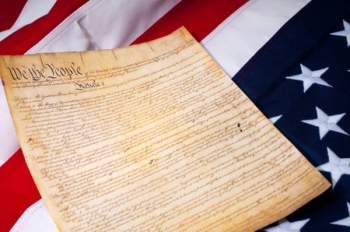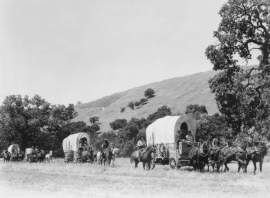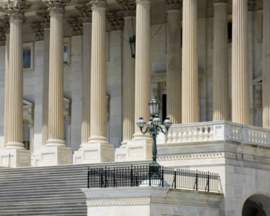
Right to Bear Arms Explained

Popular In Constitution
Purpose Of Lifetime Appointment And Pros And Cons Enumerated Powers Bicameral Legislature Background Article 3 Of The Constitution We The People 1st Amendment Who Wrote The Constitution Judicial Review Equal Protection Clause 5th Amendment 10th Amendment Three Fifths Compromise
Residing within the Second Amendment of the United States Constitution, the right to bear arms represents an area of interest that touches upon various aspects of life. This right specifies an individual's right to carry and maintain weapons. It also presents an area for great contention among the masses of people.
As certain populations believe in the right to protect oneself by carrying firearms or the right to go hunting, many others reside within the realm of belief in which guns may interfere with persons' rights to public safety. In addition to this is the seriousness behind illegal gun sales that only serve to fuel the fire behind which such contention exists.
The "Brady Handgun Violence Prevention Act" set forth
that Federal background checks be required for the purchasing of firearms
within the United States. It was approved by President Clinton and also
included additional qualifications such as prohibition upon individuals
conveying firearms from states or foreign entities. Strict regulations are imposed
upon persons, such as convicts, "fugitives from justice," drug
addicts, illegal aliens, and domestic abusers, to state a few. Gun laws remain an area that is constantly changing, with the restrictions
placed upon firearms being the basis of such debate.
One of the main Supreme Court cases that place the right to bear
arms at its focus is that of Columbia v. Heller. In this case, it was ruled
that the Second Amendment provides protection for individuals to carry firearms
despite the absence of military affiliation whatsoever. Despite the District of
Columbia's barring of firearms within the home, individuals do have the right
to self-defense. The Court does, however, specify that despite this ruling, it still
maintains strict prohibitions upon distinct populations. These include the
possessing of firearms by individuals such as criminals and the
mentally-afflicted as well as legislation concerning the possession of firearms
within areas such as schools and Government buildings.
The contention that resides with the opposition of
the right to bear arms also stems from the National Rifle Association. The NRA
promotes the use and ownership of firearms by the public. It stands by the
belief that such rights to gun ownership falls under that of a civil liberty in
accordance with the 2nd Amendment. In addition, the NRA maintains opposition to
all gun control policies that the Government attempts to pass. As an
alternative, they suggest increased sanctions on existing laws such as that
which is in relation to the gun possession of criminals and felons. The right
to bear arms represents an area that must come to grips with varying public
opinion.
NEXT: Rules of the Court, Number of Judges, and Appointment of Chief Justice





















